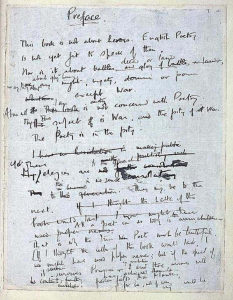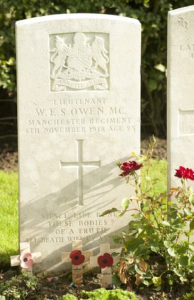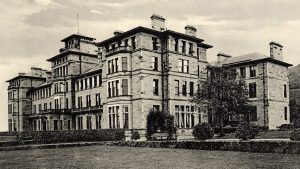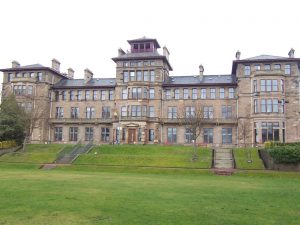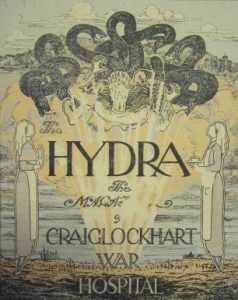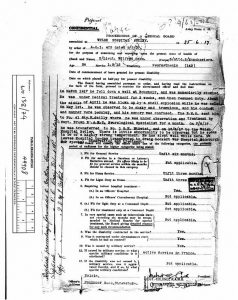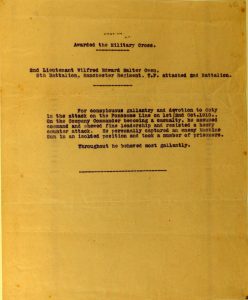So after completing the third paper the other day and with the semester coming to a close, I felt this was a great opportunity to free blog about what my final paper was on. I wrote on the relationship between gender expectations and landscape in Sapper Dorothy, and how this relationship is deconstructed through Lawrence’s narrative. I thought this topic was really interesting because there was a lot that could be analyzed in terms of themes surrounding ‘femininity and masculinity’ and the ‘home front vs. the warfront.’ Given the scope of the paper, it was hard for me to go as in depth as I could have (or would have) in a longer paper so I thought I’d take advantage of the blog and continue conversation this way.
Part of what I found really interesting with this memoir is how, unlike in traditional war literature where you see a much more divided ‘home front vs. warfront,’ Lawrence’s narrative tells a story where they are much more closely related. In her experience, she depicts how there could be streets where one side was in ruins and the other was unscathed. No part of the country has gone unharmed or uninfluenced by war. Also, I thought it was interesting to witness the relationship between gender expectations and land. Typically, based on the war literature we’ve seen so far in this class, we’re used to traditionally relating masculinity with the warfront and femininity with the home front. Something that, at the time was considered set in the stone and concrete, Lawrence defies by demonstrating how femininity can exist on the warfront as well. By using skills that are traditionally feminine and masculine, she arrives at the front where she is able to introduce a domestic and almost nurturing presence. By blurring the lines of what is acceptable for a women to do or not, along with where they should go, I feel that Lawrence offers a really unique take on war. Compared to other literature where these themes have felt more separated and clearly defined, I think Sapper Dorothy stands out with the type of narrative it offers.
Honestly there’s a lot more I could say on this topic, and as I outlined my paper and pulled quotes from the book I realized how much is abailable on this topic, but I really want to hear your guys thoughts on it. Was there anything about gender and land that stood out to you? How do you feel the relationship between these tropes of WW1 literature impacted the narrative of the text? How do you feel the uniqueness of Dorothy Lawrence’s experience contributed to her view of the war and these topics?


